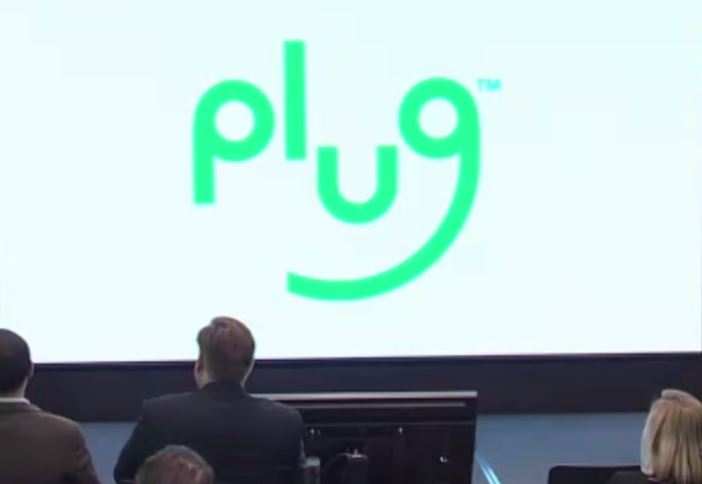Plug Power has secured industry certification for its one megawatt (MW) high-powered stationary system.
This certification, awarded by the American National Standards Institute/CSA Group’s FC 1-2021 standard, covers the safe operation, performance, and construction of stationary fuel cell power systems.
Achieving certification to the ANSI/CSA FC 1-2021 standard is a rigorous process, ensuring that Plug Power’s stationary system meets stringent safety and performance criteria. This certification is crucial for gaining market acceptance and trust, particularly in sectors where reliability and safety are paramount.
Plug Power’s stationary systems are designed to provide zero-emission, reliable power for various applications. These include backup power for data centers, power for electric vehicle (EV) charging stations in grid-constrained areas, and microgrid applications. The certification supports the fast-tracking of these systems into operational use, highlighting their potential to enhance energy resiliency and independence.
In the hyperscale data center market, where power demands can reach tens to hundreds of MWs, Plug Power has entered with a zero-emission 3 MW unit backup system for Microsoft. This is a significant achievement, but it must be viewed in the context of industry standards. Competitors like Bloom Energy and FuelCell Energy also offer robust solutions in this space. Plug Power’s advantage lies in its ability to provide a certified, scalable hydrogen-based solution, positioning it well against these established players.
Plug’s collaboration with Energy Vault to support California’s Public Safety Power Shutoff (PSPS) initiative showcases its ability to provide innovative solutions for microgrids. This first-of-its-kind application highlights the versatility of hydrogen fuel cells in addressing specific regional challenges. However, the true test will be in the system’s long-term performance and scalability compared to traditional and other renewable-based microgrid solutions.
